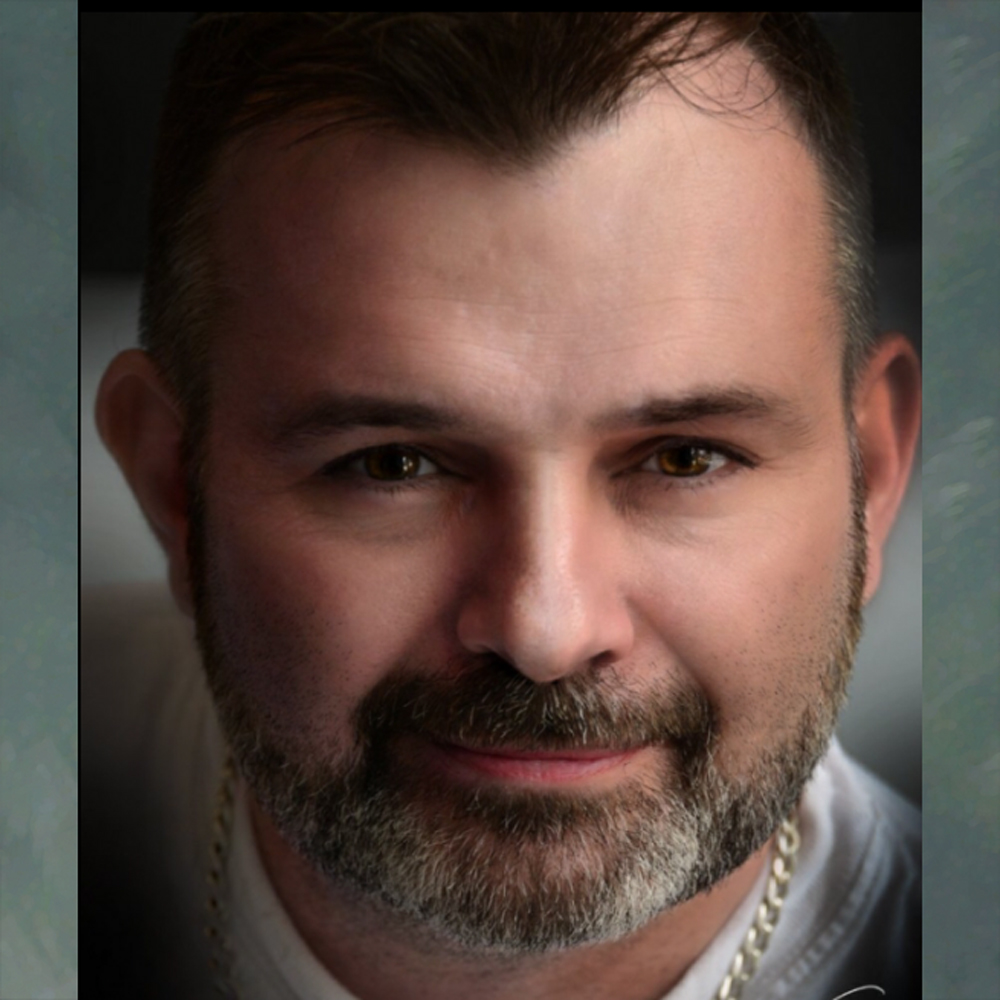
Coaching minor hockey players extend beyond the boundaries of the rink. It involves nurturing not just their physical skills but also their mental and emotional well-being. The development of young athletes encompasses a holistic approach that integrates on-ice training with off-ice guidance. In this article, we delve into the significance of holistic coaching methods for minor hockey players, exploring how they contribute to budding athletes’ overall growth and success.
Understanding Holistic Coaching
Holistic coaching in minor hockey emphasizes the interconnectedness of various aspects of a player’s life. It goes beyond merely honing their technical skills on the ice and encompasses mental, emotional, and social development. Coaches who adopt a holistic approach recognize that nutrition, rest, mental resilience, and interpersonal relationships significantly impact a player’s performance on and off the ice.
Physical Training and Conditioning
On-ice training forms the cornerstone of a minor hockey player’s development. Coaches focus on refining fundamental skills such as skating, passing, shooting, and puck control. However, holistic coaching extends beyond traditional drills, incorporating injury prevention, strength training, and flexibility exercises. Ensuring that players are physically prepared enhances their performance and reduces the risk of injuries, allowing them to thrive throughout the season.
Mental Resilience and Emotional Well-being
The mental aspect of hockey is often overlooked but is crucial for long-term success. Holistic coaches prioritize their players’ mental resilience, teaching them strategies to cope with pressure, setbacks, and the demands of competitive play. Techniques such as visualization, goal setting, and mindfulness help players maintain focus and confidence, enabling them to perform at their best when it matters most. Moreover, fostering emotional well-being creates a positive team environment where players feel supported and motivated to succeed.
Nutrition and Hydration
Proper nutrition and hydration are vital components of athletic performance. Holistic coaches educate players about the importance of fueling their bodies with nutritious foods and staying hydrated before, during, and after training sessions and games. By emphasizing healthy eating habits, coaches empower players to optimize their energy levels, recover faster, and sustain peak performance throughout the season. Maintaining a balanced diet also contributes to overall well-being, enhancing players’ physical and mental resilience on and off the ice.
Rest and Recovery
Rest and recovery are often undervalued in the pursuit of excellence. Holistic coaches prioritize adequate rest as an essential component of the training regimen. They emphasize the importance of sleep in the recovery process, highlighting its role in muscle repair, cognitive function, and injury prevention. By encouraging players to prioritize restorative sleep habits, coaches ensure they are physically and mentally prepared to face the challenges of training and competition. Balancing intense workouts with sufficient rest is vital to maximizing performance and minimizing the risk of burnout or injury.
Life Skills and Personal Development
Coaching minor hockey players extend beyond the realm of sports, shaping them into well-rounded individuals. Holistic coaches integrate life skills training into their programs, teaching players valuable teamwork, leadership, communication, and resilience lessons. These skills benefit players on the ice and prepare them for success in academics, careers, and personal relationships. By fostering personal development alongside athletic growth, coaches empower players to thrive within and beyond the confines of the rink.
Holistic approaches to coaching minor hockey players recognize the interconnectedness of physical, mental, emotional, and social aspects of development. By prioritizing holistic methods, coaches nurture their players’ overall well-being, fostering athletic excellence, personal growth, and resilience. The lessons learned on and off the ice extend far beyond the realm of sports, shaping young athletes into confident, capable individuals prepared to tackle the challenges of hockey and life with determination and grace.